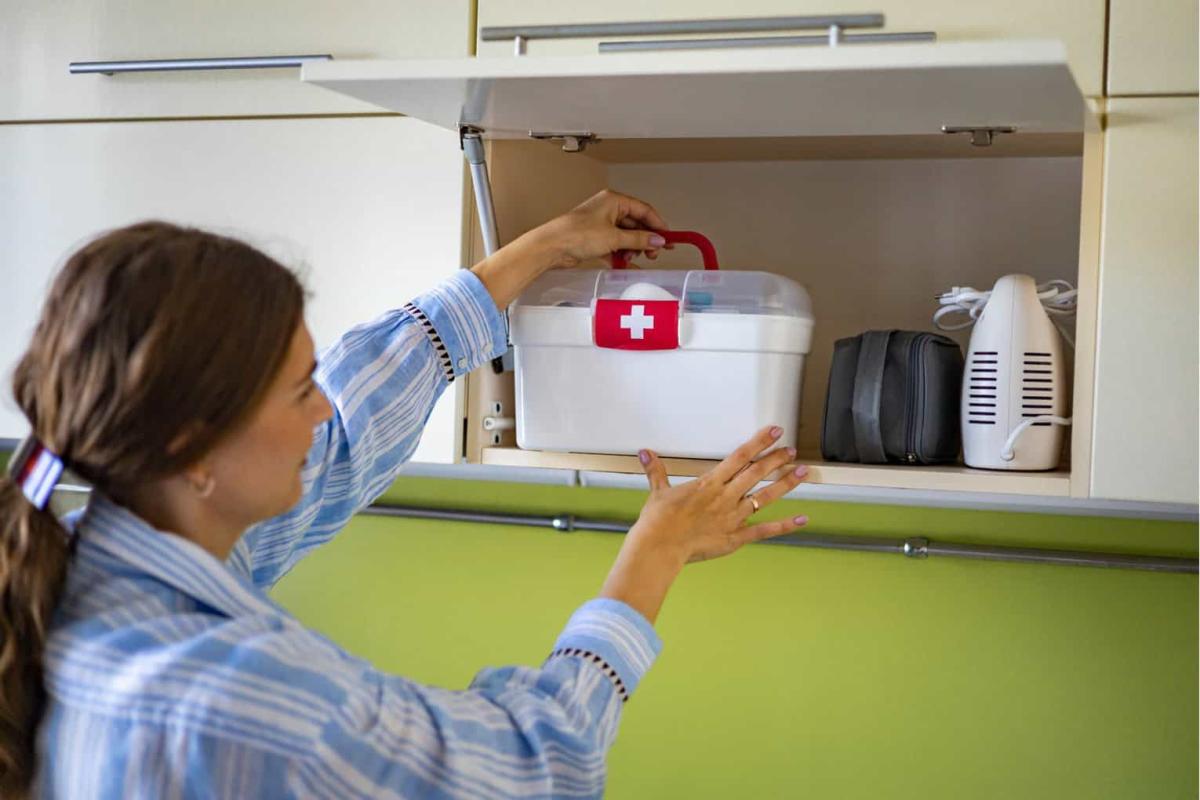
Accidental medication overdoses are a serious concern. As parents and caregivers, it's our responsibility to ensure that medications are stored safely and securely to prevent any unintentional access. Below you will find information related to the importance of safe medication storage, practical tips for safeguarding medications, and how to educate children about the risks.
Why is Safe Storage Important?
According to the Centers for Disease Control and Prevention (CDC), more than 60,000 children visit emergency rooms each year due to accidental poisoning from medications. Many of these incidents involve commonly used over the counter (OTC) drugs, prescription medications, and recreational drugs such as THC. Understanding the risks and implementing safe storage practices can significantly reduce these alarming statistics.
Best Practices for Medication Storage
- Keep Medications Out of Reach
- Store all medications and drugs out of reach of children. The best practice is to place them in a locked cabinet or high shelf that is not accessible to little hands. Avoid keeping medications in areas that children can easily reach, such as countertops or bathroom drawers.
- Use Child-Resistant Packaging or Lock Boxes
- While child-resistant packaging is not foolproof, it can significantly reduce the chances of children accessing medications. Always ensure that bottles are tightly closed after each use, and never remove safety caps unless necessary.
- Additional safety measures such as a medication lock box can be a great resource to keep medications and drugs out of children's hands. These are readily available online and in pharmacies. Lock boxes typically are available in combination or key unlocking style.
- Designate a Safe Storage Area
- Create a specific area in your home dedicated to medication storage. This area should be well-organized and clearly marked. Keep all medications in their original containers, which provide important information about dosage and expiration dates.
- Regularly Review and Dispose of Unused Medications
- Regularly check your medication supply for any expired or unused medications. Properly dispose of these to reduce the risk of accidental ingestion. Many communities offer medication take-back programs, and some pharmacies provide safe disposal options.
Educating Children About Medications
- Open Communication
- Talk to your children about medications in an age-appropriate manner. Explain that medications can be helpful but can also be dangerous if not used properly. Encourage them to always ask an adult before touching or taking any medicine.
- Use Teaching Moments
- Use everyday situations to reinforce the message. For example, if you're taking a medication, explain what it is and why it's important to follow the doctor's instructions.
- Role-Playing Scenarios
- Create role-playing scenarios where children can practice responding to situations involving medications. This helps them learn what to do if they encounter pills or bottles that are not familiar.
Emergency Preparedness
- Accidents can happen despite our best efforts. Here's how to be prepared:
- Know the Poison Control Number
- Keep the number for your local Poison Control Center easily accessible—save it in your phone and post it near your phone at home. In the U.S., the national Poison Control hotline is 1-800-222-1222.
- Create an Emergency Plan
- Discuss with your family what steps to take in the event of an accidental ingestion. This may include calling Poison Control, taking the child to the emergency room, or calling 911, depending on the severity of the situation.
- Know the Poison Control Number
Conclusion
Preventing accidental overdoses in children requires vigilance, education, and proactive measures. By implementing safe storage practices, educating your children, and being prepared for emergencies, you can significantly reduce the risks associated with medication access. Remember, a little precaution can go a long way in keeping your children safe. Prioritize safety and foster an environment where both parents and children understand the importance of responsible medication use.



